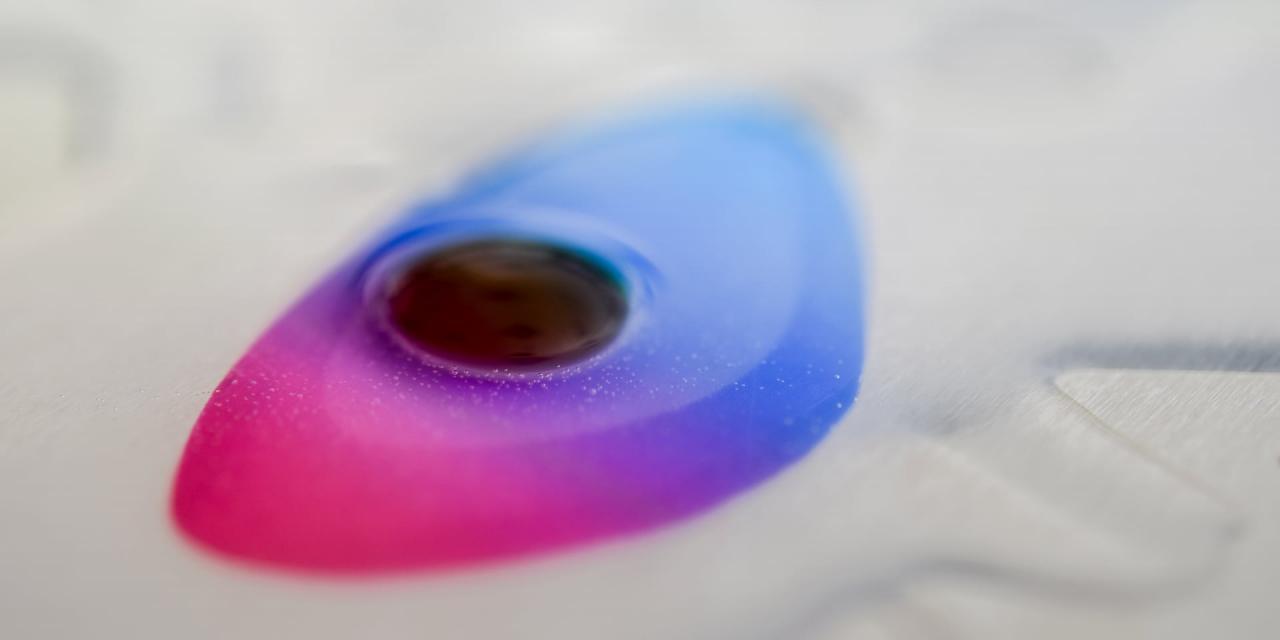PUMA AND MIT DESIGN LAB PRESENT LATEST RESEARCH IN THE FIELD OF BIODESIGN
A breathing sports shoe, that grows its own air passageways to enable personalized ventilation? A learning insole that prevents fatigue and improves athletes’ performance? A t-shirt that responds to environmental factors by changing its appearance to inform the wearer about the air quality?

What sounds like future visions are actually research results by Sports company PUMA and the MIT (Massachusetts Institute of Technology) Design Lab that will be showcased at the Milan Design Week 2018 in April. PUMA and MIT Design Lab have been conducting research in the field of biodesign since June 2017. Biodesign is the practice of using living materials such as algae or bacteria to create products. It makes possible a football jersey made from the silk of a spider or a shoe box grown from mycelium, the root structure of mushrooms. PUMA Biodesign explores the new frontiers of biological design and fabrication to bring advances in science and biotechnologies closer to our daily lives through sport products.
The exhibition in Milan, which is powered by the Biorealize desktop bioprototyping platform, will focus on how the next generation of athletic footwear, apparel and wearables can adapt in real-time by using living organisms to enhance performance.
The exhibition will show four experiments: a Breathing Shoe, a Deep Learning Insole, Carbon Eaters and Adaptive Packaging.
The biologically active Breathing Shoe pushes the boundaries of biofabrication and enables personalized ventilation by growing its own air passageways that keep the foot cool.
The next generation Deep Learning Insoles improve the athlete’s performance through real-time biofeedback. The sole uses organisms to measure long and short-term chemical phenomena that indicate fatigue and well-being.
The microbially-active t-shirt responds to environmental factors by changing its appearance and informing the user about air quality.
The research has also looked beyond current wearables and produced biologically programmable materials that change their shape and structure to become new types of alive, biodegradable and adaptive packaging.
The Milan Design Week runs from 17-22 April 2018.